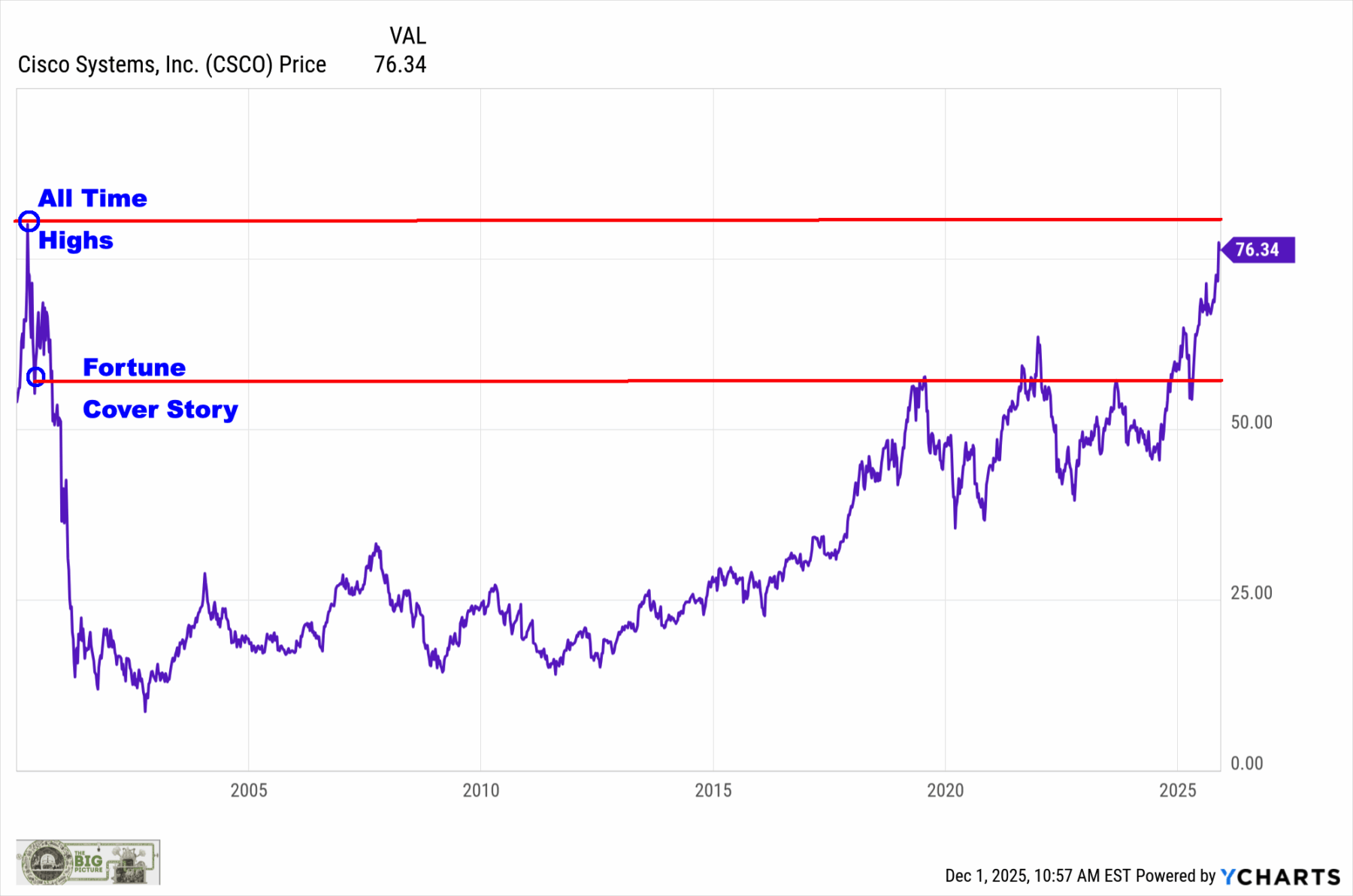Raghuram Rajan recently offered some advice on monetary policy regimes:
[T]he balance of risks suggests that central banks should reemphasize their mandate to combat high inflation, using standard tools such as interest rate policy. What if inflation is too low? Perhaps, as with COVID-19, we should learn to live with it and avoid tools like quantitative easing that have questionably positive effects on real activity; distort credit, asset prices, and liquidity; and are hard to exit. Arguably, so long as low inflation does not collapse into a deflationary spiral, central banks should not fret excessively about it. Decades of low inflation are not what slowed Japan’s growth and labor productivity. Aging and a shrinking labor force are more to blame.
I think it’s a mistake to adopt asymmetrical policy targeting, where you combat above target inflation and tolerate below target inflation. Better to set a target path (preferably NGDP) and eliminate deviations in either direction.
But here I’d like to focus on a different issue. While Rajan doesn’t say this explicitly, his comment implies that tolerating low inflation is an alternative to quantitative easing (QE). In my view, toleration of very low inflation is a cause of QE. To see why, let’s review a few concepts in monetary economics:
1. The demand for base money (as a share of GDP) is negatively related to the trend rate of inflation/NGDP growth. Prior to 2008, most developed countries had monetary bases of roughly 5% to 10% of GDP. In extreme cases of very high inflation, base demand can fall to 1% or 2% of GDP. At the opposite extreme, countries with very low inflation (such as Japan and Switzerland) have base/GDP ratios exceeding 100% of GDP.
2. In a technical sense, central banks do not have to accommodate high base demand with QE policies. But if they fail to do so, a country can fall into severe deflation, as we saw in the early 1930s in the US. Thus in a political sense, a high base demand as a share of GDP almost forces central banks to engage in lots of QE. The central banks of Switzerland and Japan are not left wing organizations. They are (small c) conservative. They have accumulated large balance sheets as a way of meeting a high demand for base money, and thus preventing outright deflation.
Rajan is correct that Japan has adapted to a regime of low inflation (although the initial adjustment process during the 1990s was somewhat painful.) But I don’t think the example of Japan shows what Rajan seems to think it shows. In the long run, Japanese success in maintaining a very low inflation environment has required much more extensive QE policies than those adopted by either the Fed or the ECB.
Toleration of very low inflation is not an alternative to QE; in the long run it’s the primary cause of QE. There is a close analogy with monetary policy and interest rates. On any given day, a cut in the central bank’s interest rate target is expansionary (for any given natural rate of interest). But over the longer run, a central bank with a contractionary policy regime that leads to low inflation will end up with lower nominal interest rates than a central bank that tolerates a high trend rate of inflation.
In the long run, there are three regimes that central bankers can choose from:
Regime A: Very low trend inflation. Very low nominal interest rates. Lots of QE and a large central bank balance sheet. (Japan and Switzerland are examples.)
Regime B: Moderate trend inflation. Moderate nominal interest rates. Very little QE and a moderate size balance sheet. (The US prior to 2008.)
Regime C: High trend inflation. High nominal interest rates. Substantial QE (financing budget deficits), but small central bank balance sheets as a share of GDP. (Argentina and Turkey.)
PS. Yes, the payment of interest on reserves complicates this picture somewhat, leading to larger CB balance sheets for any given trend rate of inflation. But IOR is a policy choice. (Unwise, in my view.)
















